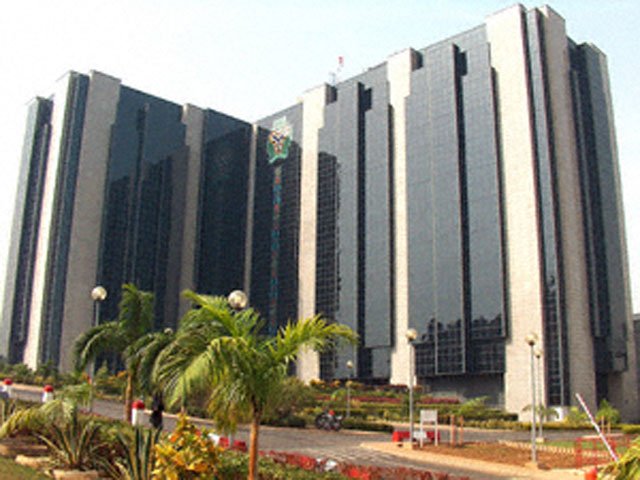Nigeria’s foreign reserves continued its daily decline, closing at $44.38bn on Thursday, September 27, 2018, according to latest data on the central bank’s website at the end of Friday.
The steady decline has remained a source of concern to many analysts, at a time when the price of oil continues on the upswing, even as Brent Crude rose 1.1% to $82.28 per barrel at the weekend. This is coming amid concerns that U.S sanctions on Iranian crude oil exports will result in much tighter physical market conditions once they take effect in November.
While the continued drop represented a decline of $1.457bn or 3.18% Month-to-Date from $45.838bn on August 31, the nation’s reserves pool has lost all of $3.485bn, or 7.28% from the May 10 peak of $47.865bn.
On a quarter-to-date basis, foreign reserves fell down $3.407bn or 7.13%; just as Year-to-Date, it remains $5.614bn or 14.48% up from $38.765bn on December 29, 2017.
Similarly, Year-on-Year (September 28, 2017), growth remains robust, soaring by $11.951bn, or 36.85%.
Recall that at the end of its two-day meeting on Tuesday, September 25, 2018, members of the CBN Monetary Policy Committee (MPC) warned of a possible slip by Nigeria’s economy into recession, unless the steady drop in economic growth for the second consecutive drop is checked.
The seemingly alarmist suggestion may not be unconnected with past warnings about the Federal Government’s continued refusal to “build fiscal buffers against possible oil price shocks in the future,” given “the rise in the monthly distribution of revenues at the FAAC (a meeting of the Federation Account Allocation Committee) portends the danger of the absence of reserve buffers to absorb shocks in the future.”
Trending Today
Menu








